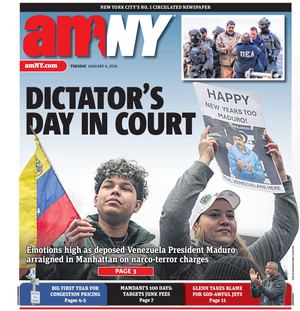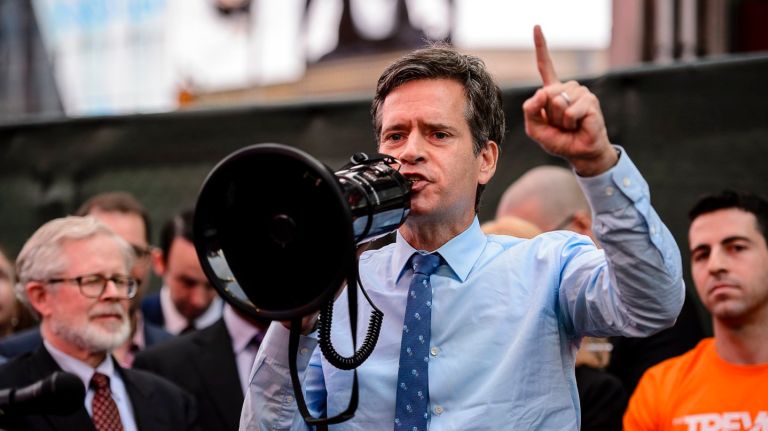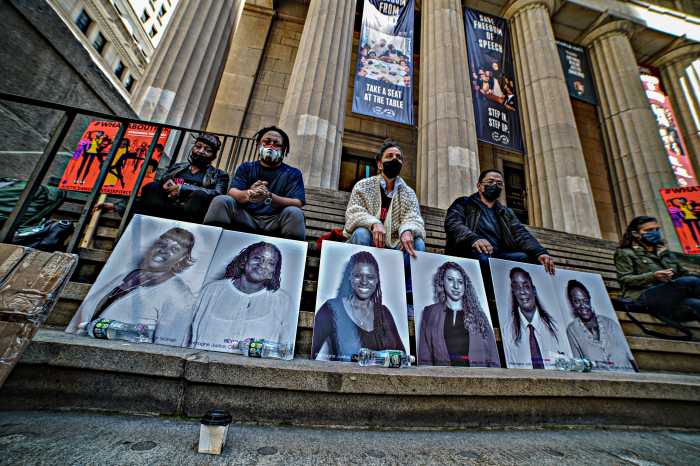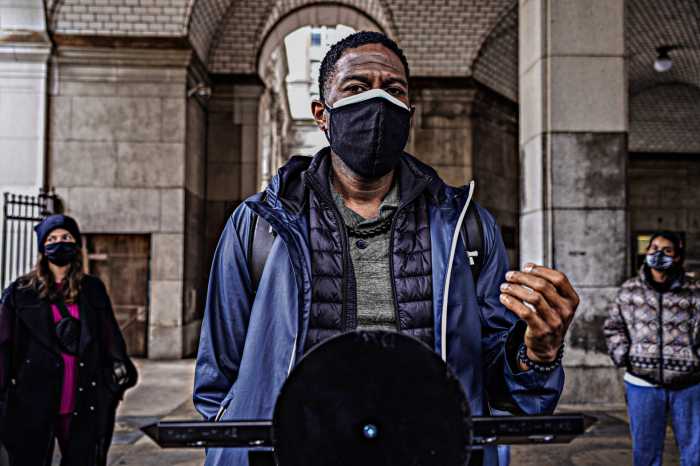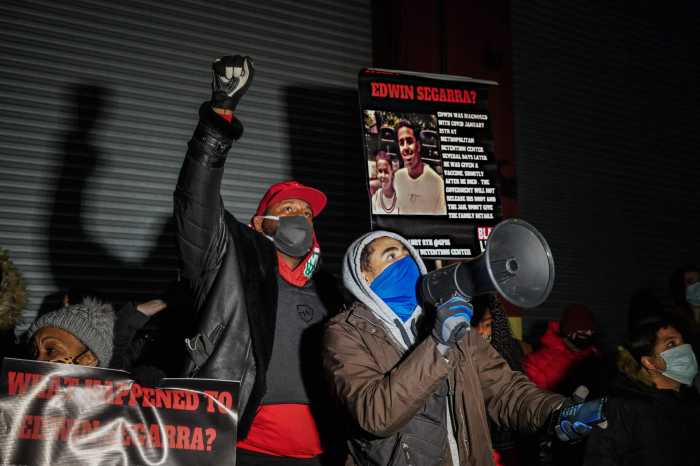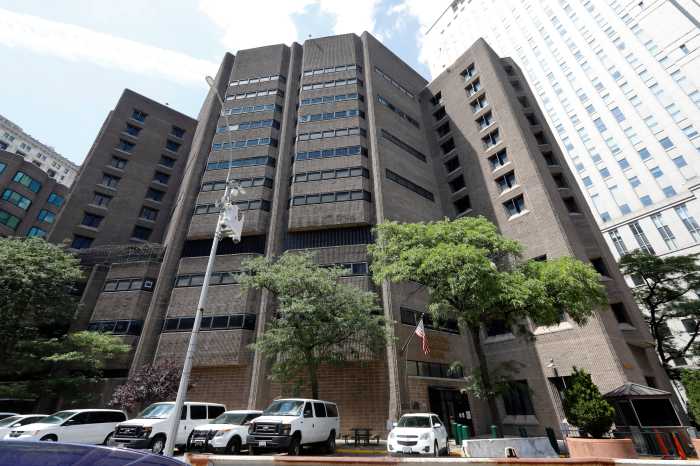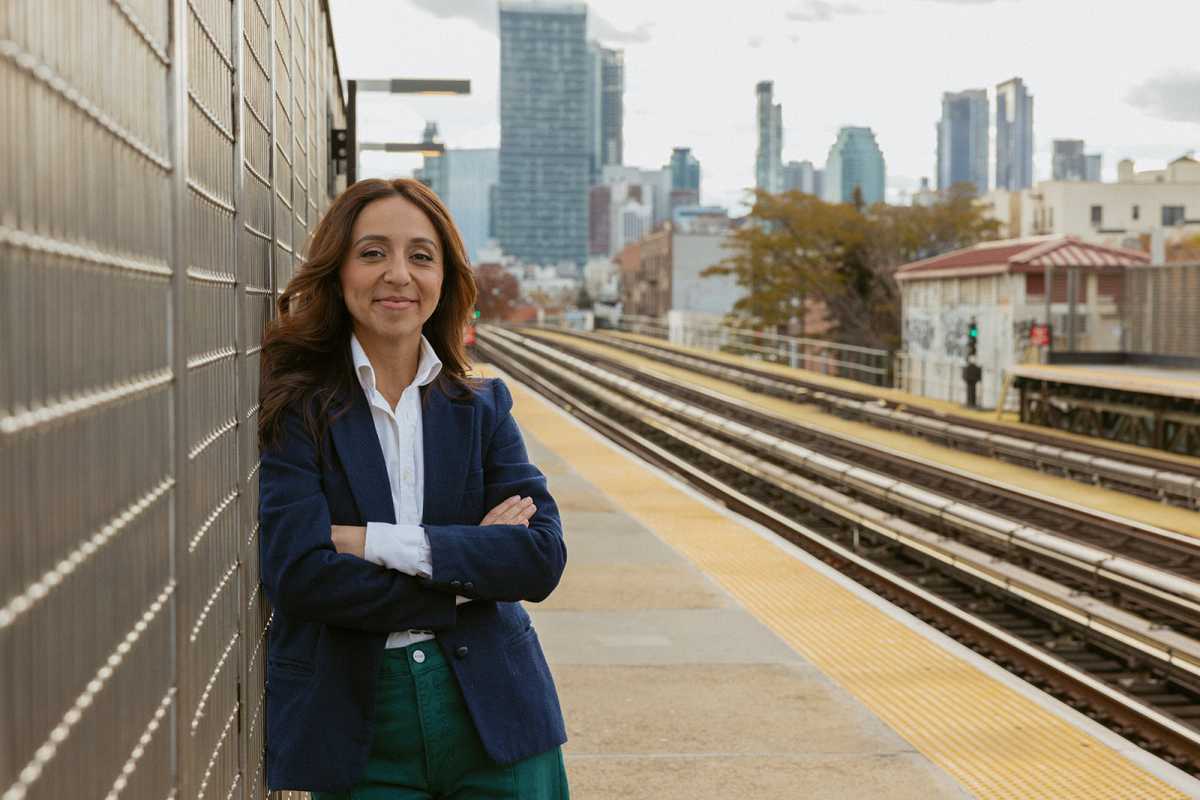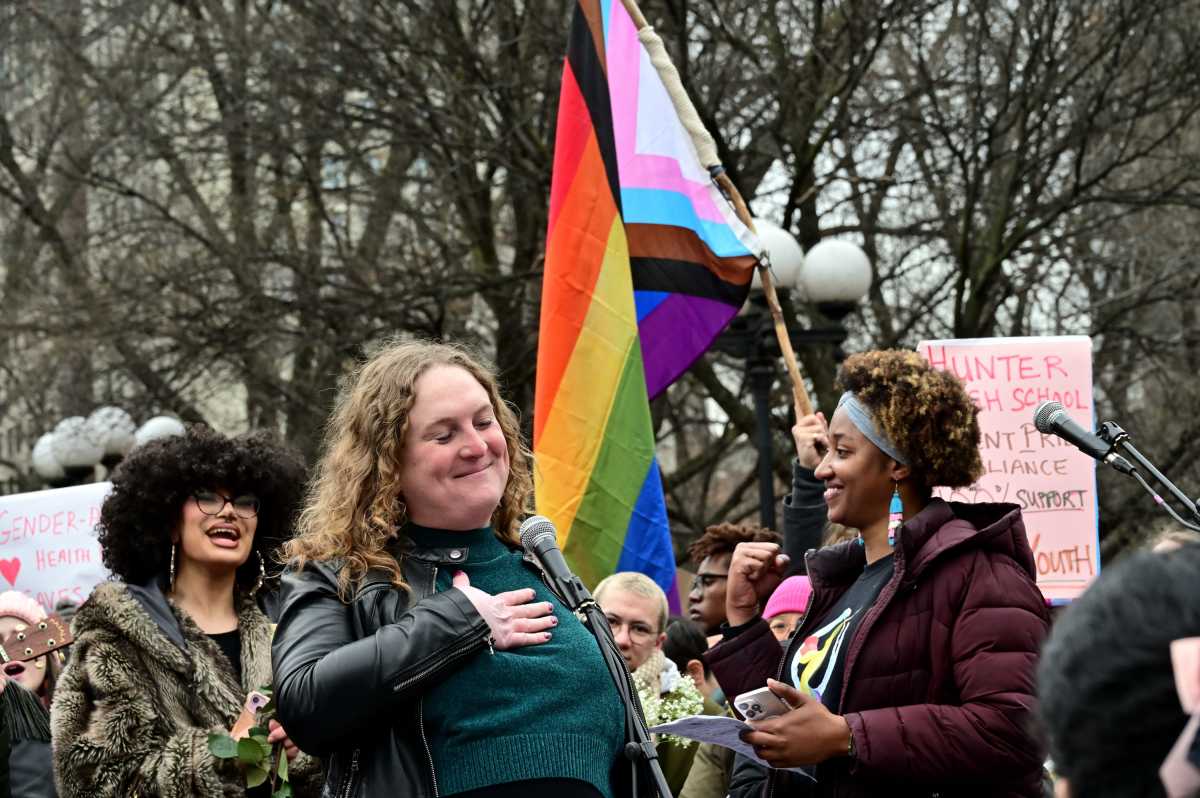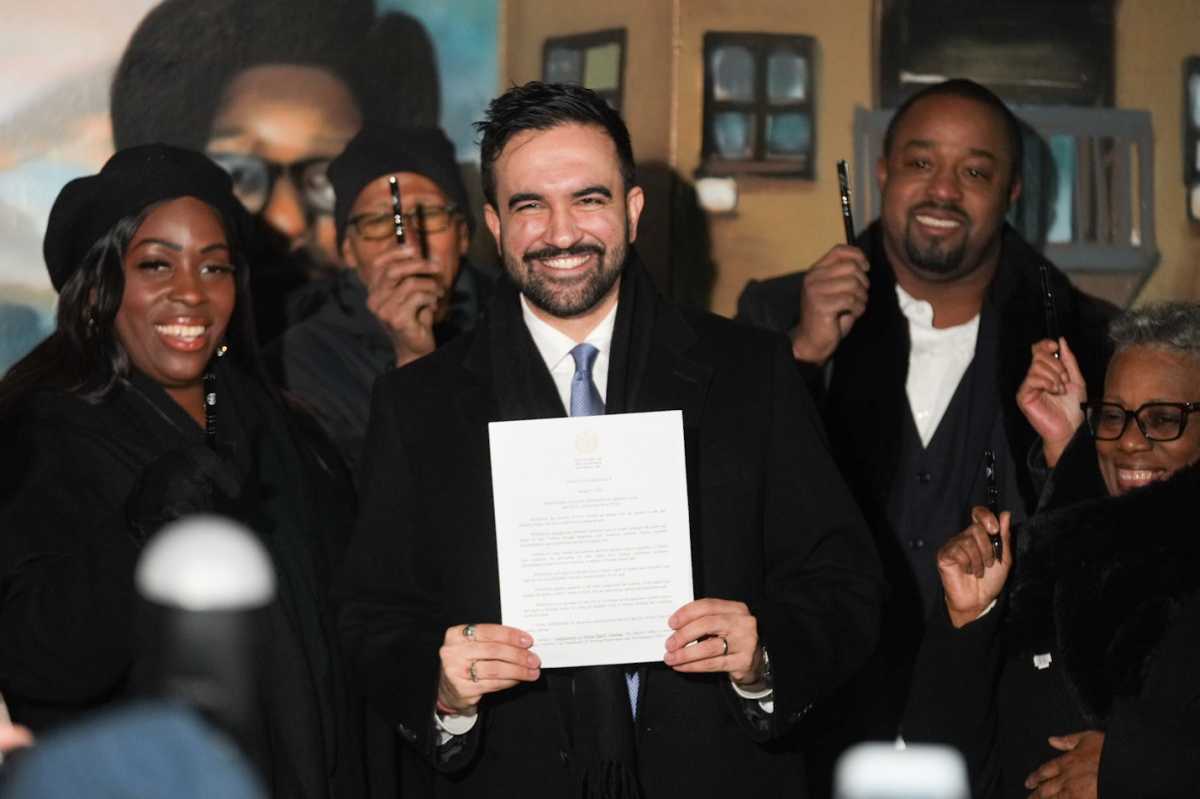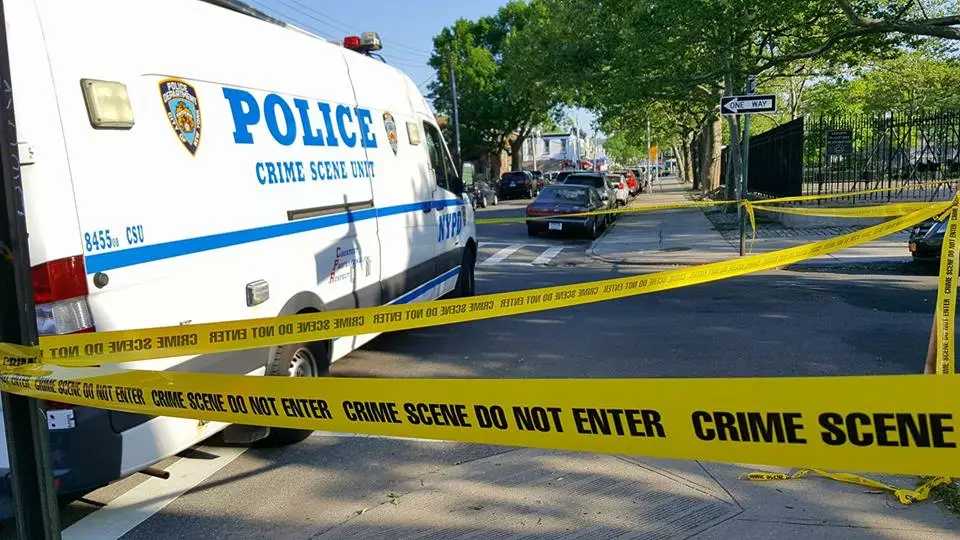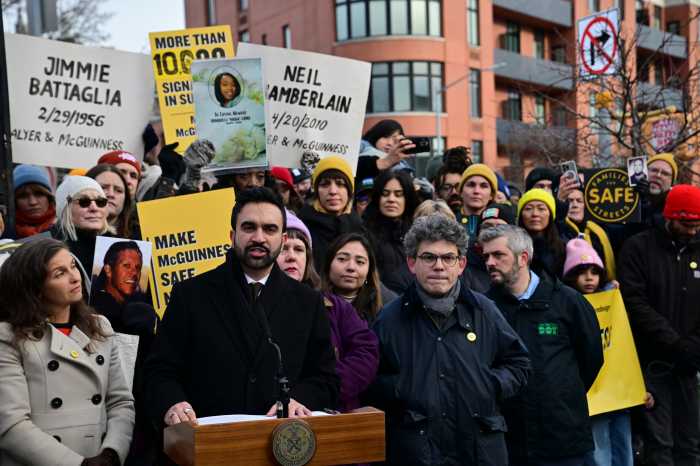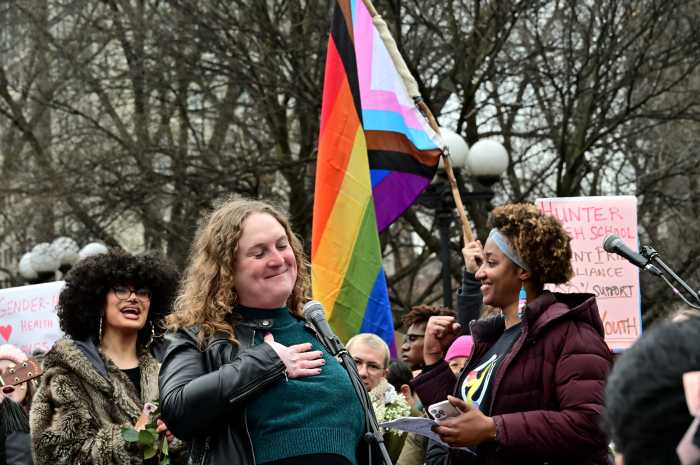The death penalty has been banned in New York since 1984, but the new death penalty is long sentences without opportunity for parole. This is death-by-incarceration. Death-by-incarceration does not make our lives any safer, costs the state hundreds of millions of dollars a year, and it is an inhumane policy. It’s time to stop judging New Yorkers by the worst mistakes they ever made and end this death sentence once and for all.
The data shows that when elders are allowed to return to their communities, there is no increase in crime rate. Nationally, the recidivism rate for people older than 50 is 2%, and near zero percent for those over 65. Long prison sentences without a meaningful chance for parole don’t keep New Yorkers safer or deter crime. They keep people languishing in jail cells for decades after they’ve been rehabilitated. On top of that, continuing to incarcerate rehabilitated elders and cover their medical costs exhausts resources that could actually help us address harm and violence in our communities. Our Elder Parole Bill, S.15, would change the status quo by focusing on compassion and fiscal responsibility, pivoting away from the failed and costly goals of the racist War on Drugs. Specifically, the bill would allow incarcerated New Yorkers over the age of 55 the opportunity for parole consideration after they have served 15 years of their sentence.
Indefinitely locking up older people is also very expensive. Prisons are ill-equipped to care for elder New Yorkers. Because incarcerated individuals’ health deteriorates faster than their peers, State-run facilities spend vast sums of money on medical treatment, especially when incarcerated elders have disproportionately high rates of diabetes, cardiovascular issues, and liver disease. Incarcerating elder New Yorkers costs the state 2-4 times as much as it does to incarcerate younger people–so while the state spends $60k a year to incarcerate a younger person, it usually spends $120-$240K to incarcerate each elder, coming to over $1 billion per year system-wide, money that could be spent on schools, housing, and mental health resources, or for educating incarcerated New Yorkers – all things that have been shown to reduce crime and incarceration.
In the seven years from 2011 to 2018 alone, 675 elder New Yorkers died in a New York state prison. Right now, there are more than 10,000 New Yorkers over the age of 50 in prison, separated from their families and living in congregate settings while COVID-19 spreads among incarcerated New Yorkers and exposes the system’s inability to care for its elder population.
One New Yorker who lost his life behind bars was Benjamin Smalls. During his sentence, Smalls evolved into a prison reform activist, earned a law degree, and ran a legal practice out of his cell – all while continuing to be a loving husband, father, and grandfather. Smalls developed deep remorse for his past crimes, using every moment while incarcerated to become a better person. Three emergency clemency requests were filed on his behalf. All were denied. Smalls died in prison from COVID-19 at 72 years old. Smalls’ story is representative of the experiences of so many New Yorkers facing life behind bars. Older New Yorkers who turned their life around and are forced to wait decades just to be considered for parole, if they are ever considered at all.
Our bill could have saved Smalls’ life, and countless other lives, and given them a chance to reconnect with their families and communities in their golden years.
Recently, my colleagues and I passed the landmark HALT Solitary Act to limit New York’s cruel and inhumane use of solitary confinement. We legalized adult recreational marijuana use in a way that begins repairing the harms of the failed drug war. And earlier this year, we repealed the walking while trans ban, which disproportionately harmed Black and brown transgender New Yorkers. These historic criminal justice reforms are a major step forward in our efforts to bring racial, economic, and gender justice to our neighbors. But, our work to dismantle systems of harm is far from over.
The sad realities of aging in prison make it clear that Elder Parole must be at the top of our post-budget agenda. In addition, it’s critical that we pass the Fair & Timely Parole Act to create a more fair parole release process in New York. Our prison system for too long has prioritized retribution over restoration and caged thousands of New Yorkers at a cost that far exceeds any benefit. Benjamin Smalls and so many others deserved a chance to restart their lives and reconnect with loved ones. This session, Albany should fix our punitive parole system and help bring our elders home. Thousands of New Yorkers are counting on us to get this right.
Senator Brad Hoylman represents WFP-Manhattan, NY’s 27th Senate District.
